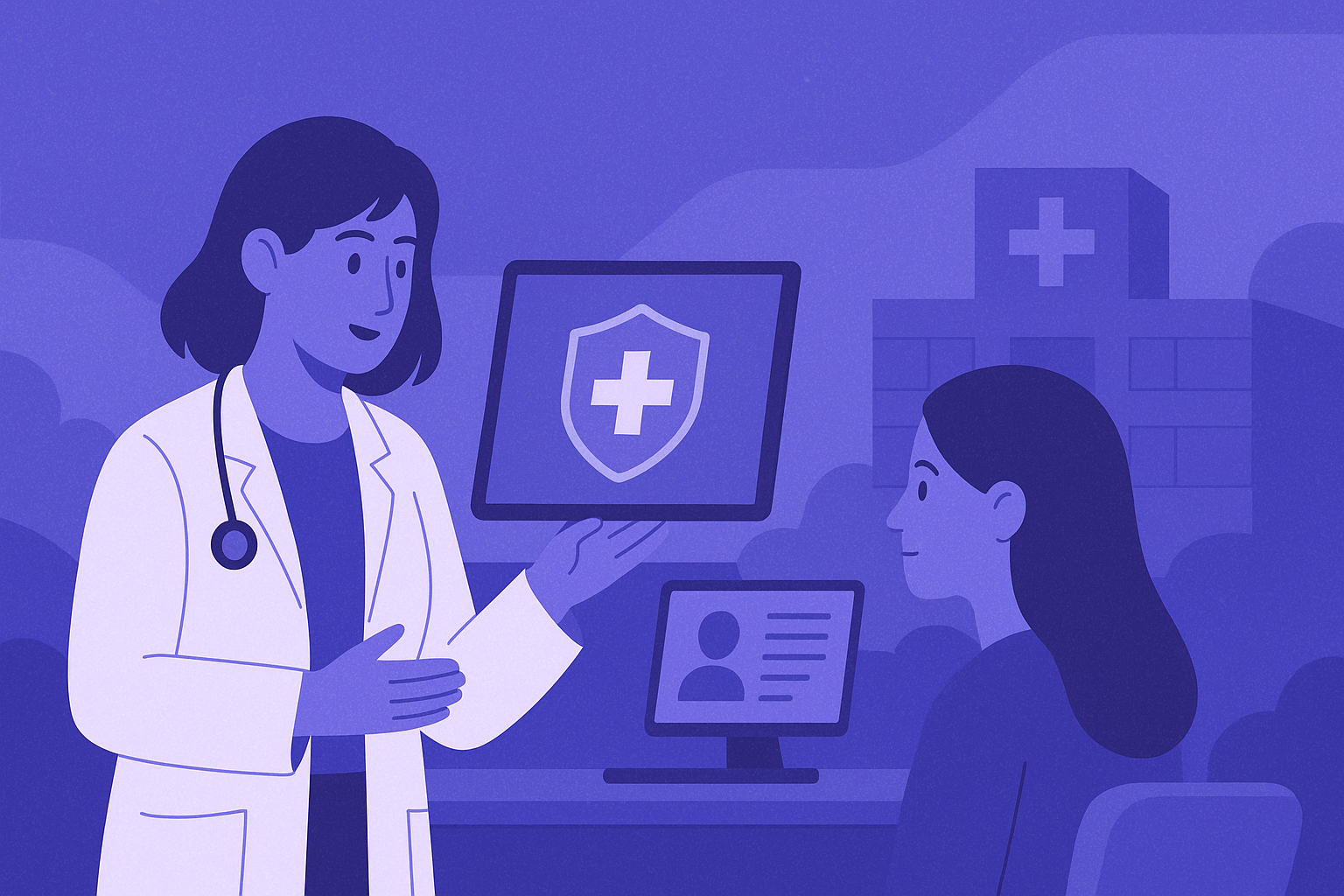
In medicine, precision isn't a luxury — it's a requirement. Yet both humans and AI are increasingly falling into the trap of over-generalization. And the implications for patient outcomes, public trust, and clinical decision-making are significant.
Researchers and clinicians are taught to never say more than the data allows. Peer-reviewed journals enforce strict standards of qualified, nuanced language. However, once these findings leave the lab, they’re often distilled into simplified claims: “The drug is effective.” “The treatment improves survival.” These statements may be catchy — but they’re also misleading. They erase essential context: for whom, under what conditions, and at what cost?
A recent systematic review of 500+ medical studies revealed that more than half made generalizations beyond their studied populations. Over 80% of these were generic claims — and fewer than 10% provided justifications. It's a long-standing issue, but AI is now accelerating it.
Large Language Models (LLMs) like ChatGPT, DeepSeek, and Claude are now being used by researchers and clinicians to summarize medical literature. But our reliance on these tools might be introducing a dangerous bias.
In an analysis of nearly 5,000 AI-generated medical summaries, researchers found up to 73% over-generalization rates among models. Many LLMs converted cautious, data-specific conclusions into broad, overconfident assertions — far more frequently than human-written summaries. Even newer models, including ChatGPT-4o, were 5x more likely to overgeneralize than medical experts.
Why? Because LLMs are trained on massive corpora that already include over-generalized scientific writing. Combined with reinforcement learning that favors user-preferred responses — typically concise and assertive — models are effectively being rewarded for inaccurate confidence.
At 247 Labs, we build AI-powered solutions that are designed not just for functionality — but for precision, especially in high-stakes sectors like healthcare. When our enterprise clients trust AI to interpret or summarize data, we ensure that the models are context-aware, domain-tuned, and rigorously tested.
In medical and regulated fields, a single generalized assumption can derail compliance, misinform decisions, and even jeopardize lives. That’s why 247 Labs emphasizes custom development over out-of-the-box models. From fine-tuning LLMs to building responsible prompt frameworks, we align AI tools with the specificity your sector demands.
For decision-makers using or commissioning AI tools in medicine, biotech, or research:
As AI becomes more embedded in research and healthcare workflows, it’s critical to remember: the confidence of a statement does not equal its truth. Precision must guide implementation.
Whether you're exploring AI implementation in healthcare, summarizing sensitive data, or integrating LLMs into internal systems, 247 Labs delivers tailored solutions that balance innovation with responsibility. Let’s build technology that respects complexity — not erase it.


